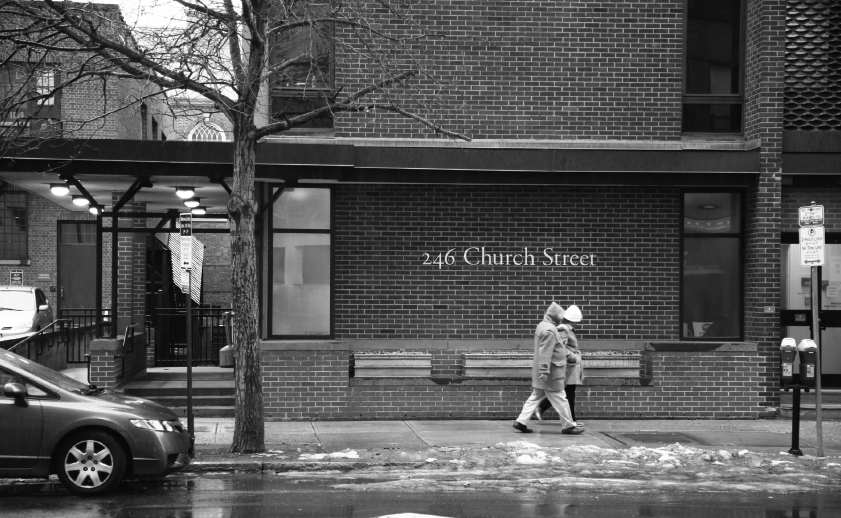
Yale Daily News
After review by the Provost’s Office, the Center for International and Professional Experience increased their award cap for the International Summer Award by $2000 for the upcoming summer — from $12,500 to $14,500.
The ISA, a non-competitive stipend offered to students receiving financial aid for approved study or internships abroad for students, was created in 2005. ISA stipends are proportional to each student’s level of need and the cost of the programs they pursue. This award can only be used in the summers following your first, sophomore and junior years. The award has also created an early action deadline of April 1 — as opposed to the regular decision deadline of May 1.
“While the ISA cap is reviewed periodically as the cost of study abroad increases, the other changes are responses to challenges we know students have faced in recent years,” said Director of the Office of Fellowship Programs Rebekah Westphal. “The early action deadline is something we hope will help students get the funding they need earlier in the term, and the subsidy for New Haven costs closes an important gap in funding for students with financial need.”
According to Westphal, the increased cap was made to “match the rising costs of study abroad programs.” The last time an increase in the ISA award occurred was in 2015, when the cap was raised from $10,000 to $12,500.
According to the Director of Undergraduate Financial Aid Scott Wallace-Juedes, because the award is a priority for the institution, its funding is similar to that of the funding for regular financial aid throughout the school year — alumni, scholarships and funds to name a few.
Any student who meets the criteria — students who receive financial aid throughout the school term and will be attending a Yale-approved program — will receive funding. The award will match the same percentage of a program’s cost that Yale financial aid covers a student’s education. For example, a student whose financial aid covers 50 percent of their cost of attendance will receive 50 percent of the course’s fees, as long as that sum does not exceed $14,500.
Although students may still apply for 2020 ISA funding until the final deadline of May 1, the new early action deadline was made in an effort to “speed up disbursal of funds.” It’s expected that most students who apply for the ISA by the early action deadline will receive their funds by early May.
For students that use their ISA toward Yale Summer Session Programs Abroad that start in New Haven, Yale will now fully subsidize the cost of on-campus housing and a meal plan. Previously, the award did not cover the cost of food and housing for the New Haven portion of these programs.
“I think this is a great change on behalf of the Provost’s Office,” said Nathan Somerville ’22, who studied abroad in Brazil last summer. “The ISA allowed me to travel to Brazil and learn Portuguese, something I wouldn’t have been able to do on my own, but it was still difficult to fund the remaining costs — especially those of time spent in New Haven — and this new policy will certainly help resolve that.”
The number of students using the ISA has gone up in past years. Five hundred students applied in 2019, compared to 400 in 2018. According to Westphal, one possible reason for this is the increase in the incoming class size as well as the increased number of students with financial need. As a result, CIPE is also expecting an increase in applications this year, she said.
According to Wallace-Juedes, these new changes highlight Yale’s commitment to making sure all “types of experiences are available to all students, especially those with high financial need.” The goal is that these new changes will encourage more students to take advantage of the study abroad experience “regardless of their financial circumstances,” Wallace-Juedes said.
“First and foremost, the ISA and [Domestic Summer Award] really filled a void in my opinion,” Wallace-Juedes said. “A student may feel financial pressure to stay at home and earn money rather than spend a summer abroad. Reevaluating the cap on a regular basis helps maintain the affordability of these programs and makes sure that students are not left with a gap.”
The ISA can be used to cover only one summer in a student’s Yale career.
Kelly Wei | kelly.wei@yale.edu







